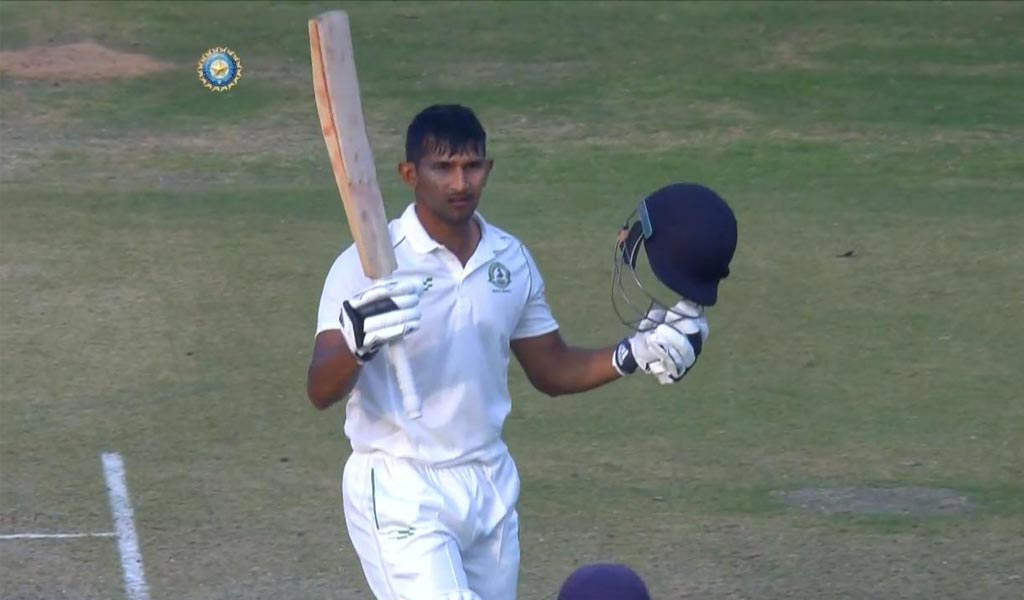Law and IT minister Ravi Shankar Prasad reprimanding WhatsApp for criminal breach of the privacy of Indians is like the devil swearing by god.
“Government of India is concerned at the breach of the privacy of citizens of India on the messaging platform WhatsApp. We have asked WhatsApp to explain the kind of breach and what it is doing to safeguard the privacy of millions of Indian citizens,” the minister tweeted.
Ravi Shankar Prasad seems to be least inhibited by the reports that some of the snooping may have been initiated at the behest of the government through the proprietary Pegasus tool, provided by the Israeli spyware firm NSO.
The Israeli company is quite open about what it offers. It has since clarified that the products are offered mostly to governments and law enforcing authorities, but has refused to throw light on who are all its clients or who are not. This leaves the issue wide open, pointing the needle of suspicion to the government as far as the Indian snooping cases are concerned.
In that case, Ravi Shankar Prasad taking WhatsApp and Facebook to task would amount to the government engaging the snooping agency and then conveniently blaming the social media platforms for the breach.
The opposition parties have already demanded that the government disclose who or which agency in the government actually hired the Israeli spyware firm. There is no word on it yet and two parliamentary panels headed by Congress leaders have announced that they would examine the case in detail and seek details from the government officials, including the home secretary.
US media reports said WhatsApp has sued the NSO Group, accusing it of using the Facebook-owned messaging service to conduct cyber-espionage on journalists, human rights activists and others. The suit filed in a California federal court contended that NSO Group tried to infect approximately 1,400 “target devices” with malicious software to steal valuable information from those using the messaging app.
The IT minister’s double-speak became obvious when he criticised the platforms and at the same time defended government-sponsored snooping, which has led to a raging debate about the threat to privacy from the government’s growing intolerance towards citizen rights. So, even while accusing WhatsApp for compromising the security and privacy of Indians, and threatening to hold the platforms responsible for breaches, his own government is doing exactly that. But he insists that this is being done legally.
“Government is committed to protecting privacy of all Indian citizens. Government agencies have a well-established protocol for interception, which includes sanction and supervision from highly ranked officials in central & state governments, for clear stated reasons in national interest,” he tweeted in his complaint against the platforms.
He is conveniently forgetting that the so-called official supervision is a sham. The government has sought to allay fears over its draconian surveillance move by asserting that there will be enough safeguards against abuse, including the institution of a standard operating procedure for implementing electronic surveillance as well as a review committee to examine whether an interception order genuinely pursues a legitimate aim.
However, the Internet Freedom Foundation (IFF), which describes itself as a digital liberties organisation that seeks to ensure that technology respects fundamental rights, has challenged the offending section of the IT Act and its plea is before the Supreme Court.
The IFF has picked several holes in the Union government’s claim and alleges that its so-called standard operating procedure is a sham as it has not been made public and, therefore, lacks transparency. As for the review committee, the first objection is that it comprises only government officials, who cannot go against the will of the government and will therefore end up as a rubber stamp of the law enforcement agencies.
According to the Srikrishna Committee report, the three member review committee has to evaluate 15,000-18,000 interception orders at every meeting. The sheer volume of interception orders makes it practically impossible for the committee to apply its mind to each interception order to determine if it is lawful or not.
The government approach suffers from a major fault that it could assume everyone to be a potential terrorist or criminal until proved otherwise and puts the onus on proving otherwise with the individual. This is simply preposterous and against all norms of individual freedom and principles of democracy. It gives the state unfettered freedom to brand anybody as a potential offender. The rule of law assumes exactly the opposite: everyone is innocent until proved guilty.
(By arrangement with IPA)







